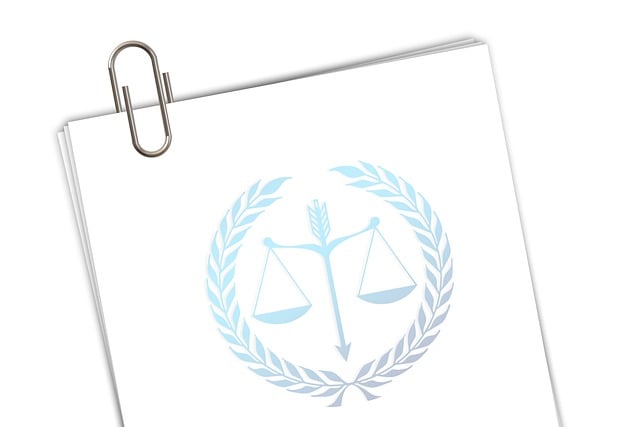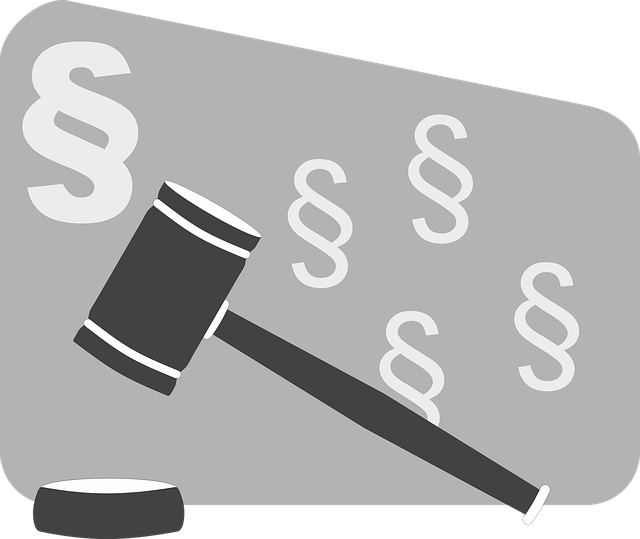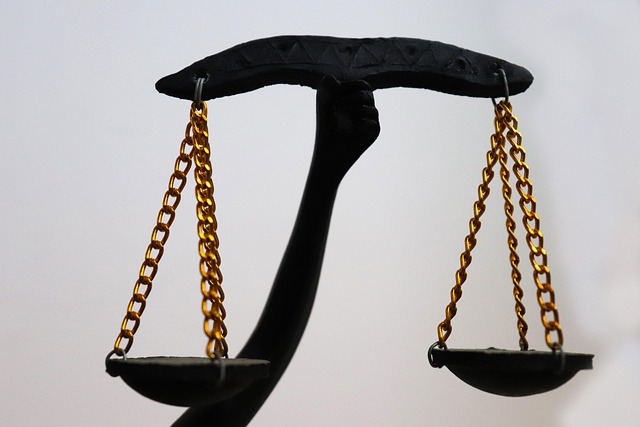Corporate Crime Investigations uncover white-collar crimes like fraud and embezzlement within businesses, requiring meticulous evidence gathering using analytics and forensic accounting. Experienced criminal defense attorneys specializing in corporate cases guide clients through class action lawsuits, protecting their rights and avoiding indictment. To join a lawsuit, individuals must: 1) assess their claim against criteria; 2) gather compelling evidence; 3) file or join an existing complaint as a plaintiff. This process aims to hold corporations accountable collectively for misconduct while safeguarding individual rights.
Corporate Crime Investigations delve into complex matters of fraudulent or illegal activities within organizations. Understanding the basics, from identifying potential misconduct to gathering evidence and conducting interviews, is crucial for both investigators and affected individuals. This article explores these aspects, focusing on the legal framework supporting class action lawsuits. We provide a practical guide on the steps to join a class action lawsuit, equipping readers with knowledge to navigate this powerful legal tool against corporate wrongdoers.
- Understanding Corporate Crime Investigations: The Basics
- Identifying Potential Corporate Misconduct
- Gathering Evidence and Conducting Interviews
- Legal Framework for Class Action Lawsuits
- Steps to Join a Class Action Lawsuit: A Practical Guide
Understanding Corporate Crime Investigations: The Basics

Corporate Crime Investigations delve into the complex world of white-collar crimes, which often involve fraud, embezzlement, and other financial misdeeds within businesses and corporations. Understanding these investigations is crucial for both legal professionals and individuals looking to protect themselves from potential liability. The process typically includes gathering evidence through document reviews, witness interviews, and financial analysis, all aimed at uncovering wrongdoings and holding perpetrators accountable.
For those interested in joining a class action lawsuit as a result of corporate crimes, the steps involve engaging experienced legal counsel specializing in general criminal defense. This expert can guide individuals on how to navigate the complex legal landscape, ensuring their rights are protected. By working with an attorney, victims can avoid indictment and seek justice through collective action, holding corporations accountable for their illegal activities.
Identifying Potential Corporate Misconduct

Identifying potential corporate misconduct is a critical first step in any investigation. This process involves thorough examination of an organization’s internal controls, financial records, and compliance procedures. Signs of trouble can emerge from unusual transactions, conflicts of interest, or deviations from established policies. By employing advanced analytics and forensic accounting techniques, investigators can uncover hidden patterns indicative of fraudulent activities, embezzlement, or other forms of corporate crime.
Promptly recognizing red flags is essential for several reasons. It allows for the preservation of evidence, which is crucial for subsequent legal proceedings. Moreover, early intervention can lead to a complete dismissal of all charges for his clients involved, especially if the misconduct is reported and addressed before it escalates into a full-blown crisis. Effective identification strategies also play a vital role in shaping robust white-collar defense strategies, ensuring businesses operate within legal boundaries while protecting their interests.
Gathering Evidence and Conducting Interviews

In corporate crime investigations, gathering evidence is a meticulous process that involves sifting through complex financial records, digital data, and physical documents. Investigators must employ sophisticated techniques to unearth crucial information that can build a robust case. This includes analyzing email chains, examining internal communications, and following the trail of funds transferred across various accounts. Additionally, conducting interviews with employees, executives, and other stakeholders is essential for gathering firsthand accounts and identifying potential discrepancies or patterns indicative of illegal activities.
Effective interview strategies are designed to extract reliable information while adhering to legal protocols. Investigators skilled in this area use open-ended questions to encourage detailed responses and establish timelines that can corroborate digital evidence. By combining these steps—careful evidence collection and thorough interviews—investigators gain a comprehensive understanding of the alleged crimes, facilitating better decision-making in navigating complex corporate structures and ultimately joining or supporting class action lawsuits (Steps to Join a Class Action Lawsuit). This approach has proven instrumental in securing justice for victims across the country, especially in cases involving white collar and economic crimes, where an unprecedented track record of successful prosecutions speaks to the rigor and expertise employed.
Legal Framework for Class Action Lawsuits

The legal framework for class action lawsuits is a complex web designed to protect consumers and investors from corporate misconduct. These suits are powerful tools that allow individuals to band together, amplifying their collective voice against wrongdoers. The process begins with identifying a violation of federal or state law, such as securities fraud, antitrust violations, or consumer protection issues. Once a potential claim is identified, the next crucial step is to meet the eligibility criteria for joining a class action. This typically involves being a member of the affected group and having suffered damages from the same conduct.
Understanding the steps to join a class action lawsuit is essential for anyone considering this route. Potential plaintiffs must review the respective business’s actions, assess their potential claims, and decide whether to opt-in to the litigation. A competent white collar defense strategy can help navigate these complex issues, ensuring that individuals’ rights are protected throughout the process. By joining forces in a class action, affected parties can seek collective remedies, potentially resulting in significant monetary compensation or other equitable relief, while also avoiding indictment for minor infractions.
Steps to Join a Class Action Lawsuit: A Practical Guide

Joining a class action lawsuit can be a complex process, but with careful navigation, individuals affected by corporate misconduct can hold wrongdoers accountable. The first step is to assess your potential claim and determine if it aligns with the criteria set forth by the class action. This often involves reviewing specific legal standards and understanding the nature of the alleged wrongdoing. A general criminal defense attorney can provide valuable guidance during this phase, ensuring your rights are protected.
Once you identify a relevant case, the next crucial step is to gather evidence supporting your claim. This may include financial records, emails, or any other documentation that proves the harm caused by the corporate crime. In high-stakes cases, where significant damages are sought, meticulous record-keeping becomes paramount. After gathering evidence, individuals can file a complaint or join an existing one as a plaintiff, asserting their rights and contributing to a collective effort for justice.
Corporate crime investigations are complex, but understanding the process is key to ensuring justice and accountability. By identifying potential misconduct, gathering evidence, and navigating legal frameworks, individuals can play a significant role in holding corporations accountable through class action lawsuits. If you’ve been affected by corporate wrongdoing, following the practical steps outlined in this guide, including joining a class action lawsuit, offers a path towards compensation and positive change. Remember, every case matters, and collective action can lead to substantial results.






